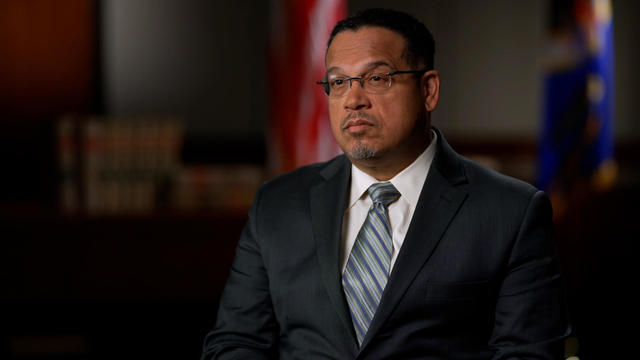
60 Minutes interviews the prosecutors of Derek Chauvin
Scott Pelley speaks with Minnesota Attorney General Keith Ellison and the prosecutorial team that convicted Derek Chauvin for the murder of George Floyd.
Watch CBS News

Scott Pelley, one of the most experienced and awarded journalists today, has been reporting stories for 60 Minutes since 2004. The 2024-25 season is his 21st on the broadcast. Scott has won half of all major awards earned by 60 Minutes during his tenure at the venerable CBS newsmagazine.
As a war correspondent, Pelley has covered Ukraine, Afghanistan, Iraq, Syria and Sudan. On Sept. 11, 2001, he was reporting from the World Trade Center when the North Tower collapsed. As a political reporter, Scott has interviewed U.S. presidents from George H.W. Bush to President Biden.
Scott has won a record 51 Emmy Awards, four Alfred I. duPont-Columbia Silver Batons and three George Foster Peabody Awards.
From 2011 to 2017, Scott served as anchor and managing editor of the "CBS Evening News." By 2016, Pelley had added 1.5 million viewers, the longest and largest stretch of growth at the evening news since Walter Cronkite.
Pelley is the author of "Truth Worth Telling: A Reporter's Search for Meaning in the Stories of Our Times" (Hanover Square Press, 2019) in which he profiles people, both famous and not, who discovered the meaning of their lives during historic events of our times.
Pelley began his career in journalism at the age of 15 as copy boy at the Lubbock (Texas) Avalanche-Journal newspaper. He was born in San Antonio and attended journalism school at Texas Tech University. Scott and his wife, Jane Boone Pelley, have a son and a daughter.

Scott Pelley speaks with Minnesota Attorney General Keith Ellison and the prosecutorial team that convicted Derek Chauvin for the murder of George Floyd.
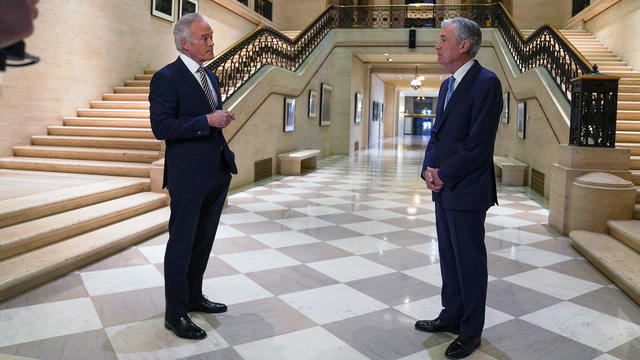
Federal Reserve Chairman Jerome Powell gives his thoughts on how the economy is rebounding from the COVID-19 pandemic. Scott Pelley reports.
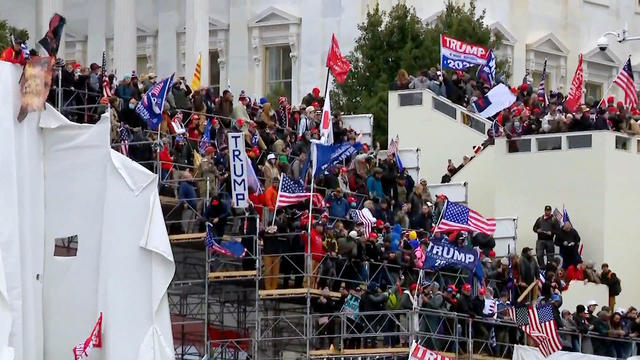
Scott Pelley speaks with Michael Sherwin, the federal prosecutor who was leading the criminal investigation, the largest in U.S. history, into the assault on the Capitol.
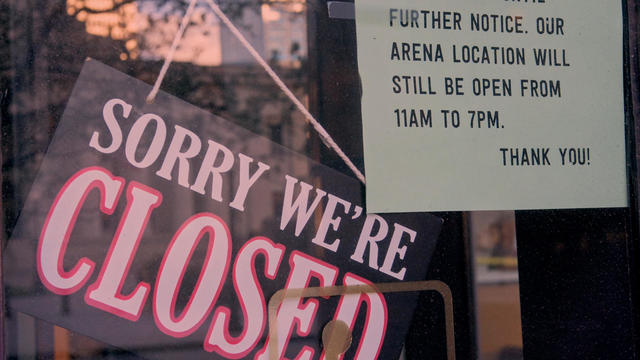
While many middle and high-income workers are back at work, the country's low-wage workers are still suffering from a recession that has annihilated their jobs. Scott Pelley reports.
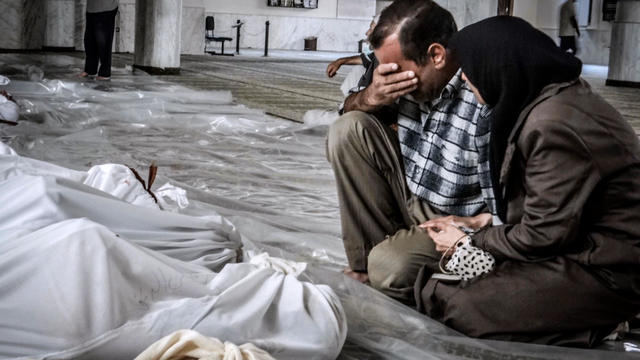
Assad and his regime may never be prosecuted for the acts of terror he perpetrated against his own people during Syria's civil war. Scott Pelley reports on the effort to gather and maintain the evidence against Assad.

The death toll continues to rise from COVID-19, even with vaccine efforts underway across the country. Scott Pelley speaks with some of the family members of the hundreds of thousands of Americans who were killed by the virus.
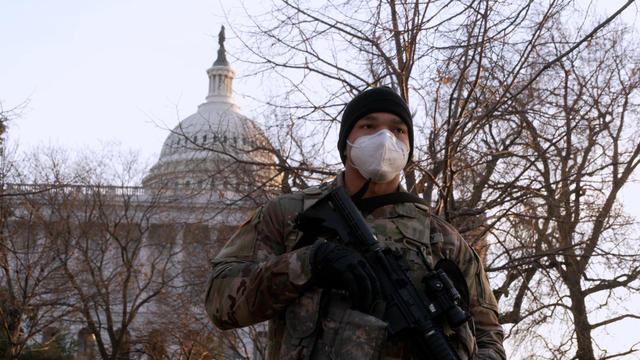
President-elect Joe Biden will be inaugurated in the same spot where insurrectionists waged an assault on the U.S. Capitol just weeks before. Scott Pelley reports on how officials are ensuring the inauguration will be safe.
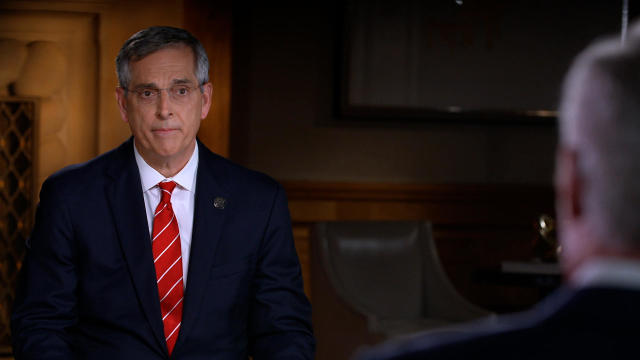
Last weekend, President Trump called Georgia's secretary of state, Brad Raffensperger, imploring him with veiled threats and lies to change the outcome of the November election. Raffensperger talks to Scott Pelley about why he didn't give in.

From 2013: It's hard to imagine America without the Capitol Dome, but when you hear how it was created it becomes hard to imagine it exists at all.

Section 230 of the Communications Decency Act of 1996 protects internet platforms from liability for what users post on their sites. Scott Pelley reports on the ramifications of the legislation and why it could be repealed in the near future.
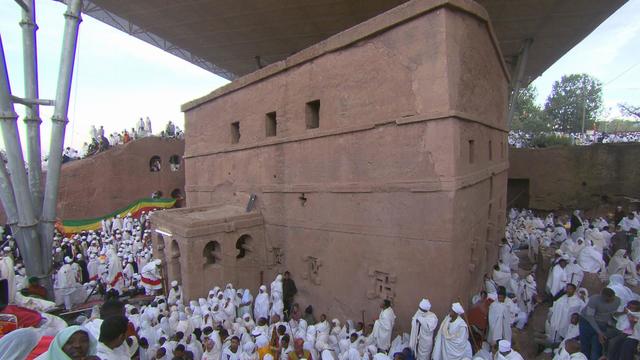
In the northern highlands of Ethiopia stand 11 churches that the Ethiopian Orthodox Church says were built by angels.
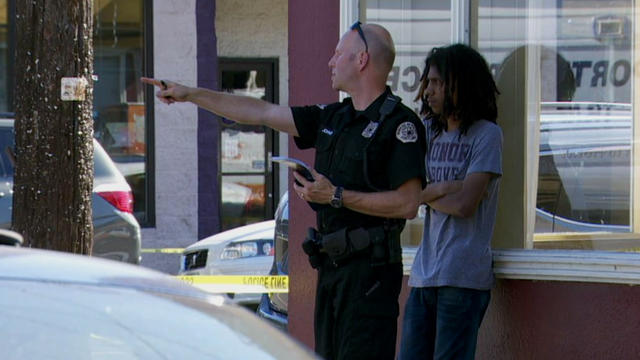
Saudi citizens accused of serious crimes in the U.S. have been able to escape to Saudi Arabia before facing trial.
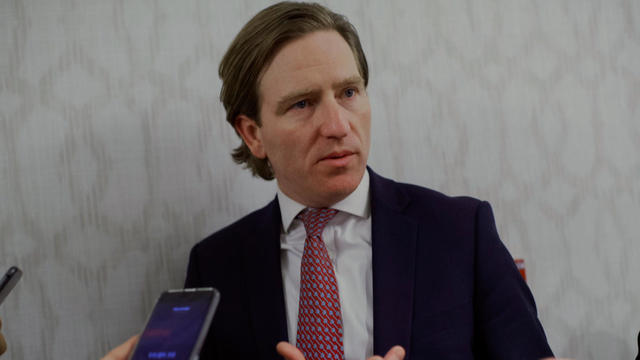
Chris Krebs, a lifelong Republican, was put in charge of the agency handling election security by President Trump two years ago. When Krebs said the election was the country's most secure ever, Mr. Trump fired him. Now, Krebs speaks to Scott Pelley.
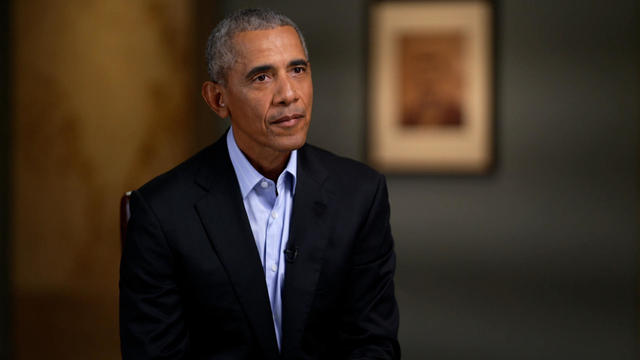
The former president shares the advice he would give President Trump, his thoughts on the killing of George Floyd, and what's behind the divisions in Washington and across the U.S.
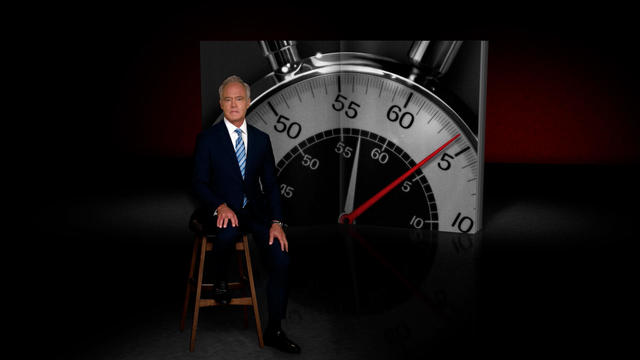
In 244 years as a nation, the United States has been torn apart by civil war, devastated by disasters, and ever-haunted by the sin of racism. But Americans find a way -- however tenuously -- to bounce back.